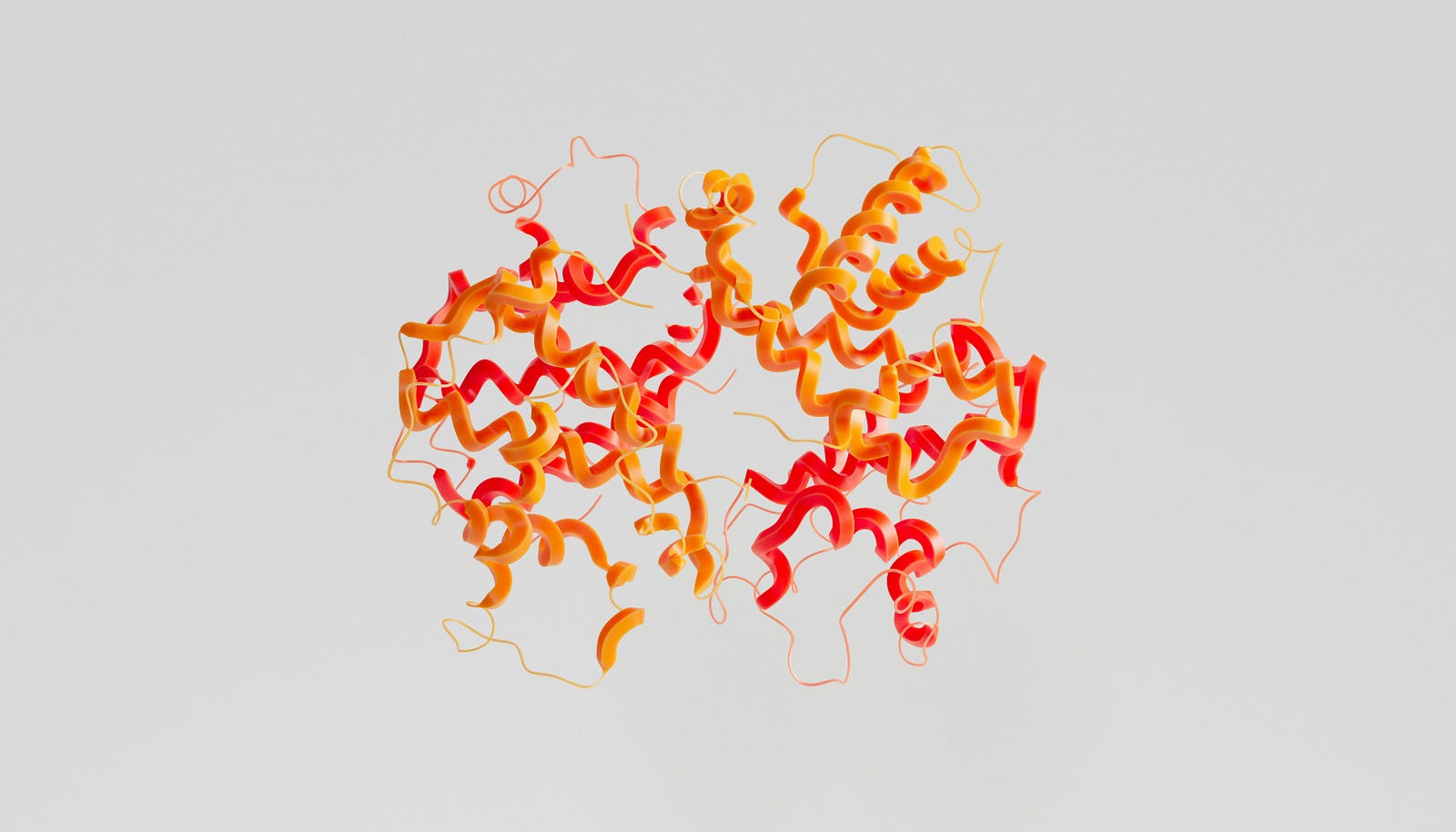A new colon cancer screening test has arrived.
Colorectal cancer is the second leading cause of cancer death in the United States. Fortunately, early detection can significantly improve outcomes. But as an oncologist, I am frustrated.
Here’s why:
Over a third of adults aged 50 to 75 do not get recommended screenings.

The gold standard for screening has long been the colonoscopy, a procedure that, while effective, can be uncomfortable and inconvenient for many people.
However, gut health might be a less invasive option in the future.
Today, I want to share some good news. First, the numbers.
Colorectal Cancer Risk
What’s the risk of developing colorectal cancer?
In the United States, about one in 22 men (and one in 24 women) will be diagnosed with colon or rectal cancer in this lifetime.
Let’s turn to colorectal cancer risk factors.
Modifiable Risk Factors
Here are some modifiable colorectal cancer risk factors, according to the American Cancer Society:
- Being overweight or obese
- Diabetes, type 2
- A long-term diet rich in red meats (such as beef, pork, lamb, or liver) and processed meats (like hot dogs and some lunch meats). Research suggests a healthy diet rich in fruits, veggies, and whole grains can help lower your risk of colorectal cancer. On the other hand, limiting or avoiding red and processed meats, along with sugary drinks, might also be beneficial.
- Smoking

- Alcohol. Colorectal cancer has been linked to alcohol consumption, with the risk increasing the more alcohol you drink. Even moderate drinking may raise your risk slightly. While some people choose to consume alcohol, avoiding it altogether is the safest option for reducing your risk of colorectal cancer. If you do drink, limiting yourself to no more than two drinks a day for men and one drink a day for women is recommended.
Fixed Risk Factors
Here are some colorectal cancer risk factors that are not changeable:
- Age. Your risk of colorectal cancer goes up as you age.
- Race and ethnicity. While colorectal cancer can affect anyone, certain groups have higher risks. American Indian and Alaska Native people, along with African American men and women, face a disproportionate burden of colorectal cancer in the United States. Additionally, individuals of Ashkenazi Jewish descent are also considered to have a higher risk.
- Your sex at birth. Colorectal cancer affects both men and women, but there’s a puzzling difference in survival rates. Men diagnosed with the disease are more likely to die from it compared to women. The exact reasons for this are still under investigation. Another interesting observation is that women, particularly those who are postmenopausal (no longer menstruating), are more likely to develop right-sided colon cancer. Researchers are actively exploring these sex differences to understand how colorectal cancer behaves differently in men and women. This knowledge could lead to more personalized treatment strategies in the future.
- Gallbladder removal slightly increases the odds of right-sided colon cancer.
- A personal history of colorectal polyps (adenomas) or colorectal cancer
- Inflammatory bowel disease. If you have inflammatory bowel disease, including either ulcerative colitis or Crohn’s disease, your risk of colorectal cancer is increased.
- A history of radiation therapy to the abdomen or pelvis.
- An inherited familial syndrome.

A New Colon Cancer Screening Test
I am excited that the U.S. Food and Drug Administration recently approved a new colorectal cancer screening test.
ColoSense uses stool analysis to find colorectal cancer in adults 45 and over who are at average risk.
As I mentioned earlier, colonoscopy has been the gold standard for screening.
Unfortunately, colonoscopies are uncomfortable for many people (ask me about the prep).
ColoSense offers a non-invasive and convenient alternative.
A New Colon Cancer Screening Test – ColoSense Effectiveness
Here’s the exciting part: a large clinical trial showed that ColoSense performed very well in detecting early-stage (Stage I) colorectal cancer with a 100 percent success rate.
ColoSense also identified 45 percent of advanced adenomas, pre-cancer lesions that could develop into cancer if left untreated.
This test maintained its effectiveness even for people between 45 and 49 years old, a group for which regular screening is now recommended.

A New Colorectal Cancer Screening Test: How Does ColoSense Work? It’s the RNA.
Traditional tests often rely on DNA analysis.
But RNA testing offers a unique advantage: it’s like a real-time snapshot of what’s happening inside your body.
Here’s how:
- RNA is on the Go: Unlike DNA, which stays constant, RNA levels change rapidly as your body responds to health or disease. This makes it a more dynamic marker of what’s going on.
- Early Warning System: Changes in RNA levels can be an early sign of trouble, like the beginning stages of cancer.
- Broader Picture: RNA-based tests don’t just look for one specific mutation. They can analyze multiple pathways involved in disease development, potentially leading to more accurate detection.
ColoSense Analyzes RNA
In the case of ColoSense, the test focuses on RNA signals from cells lining your digestive tract.
ColoSense provides a comprehensive and consistent sampling of tissue near potential problem areas.
Additionally, RNA analysis can detect the downstream effects of various pre-cancerous lesions, offering a broader net for catching cancer early.
A New Colon Cancer Screening Test: What does this mean for you?
ColoSense offers a promising alternative for CRC screening, especially for those who might find colonoscopy daunting.
It’s important to talk to your doctor about your risk factors and determine if ColoSense fits you.
The new test should be available in late 2024 or early 2025.
Current Screening Guidelines
Let’s close with the screening recommendations of the U.S. Preventative Services Task Force (USPSTF) for individuals at average risk:

Grade A means there is high certainty that the net benefit is substantial.
Grade B means there is high certainty that the net benefit is moderate or there is moderate certainty that the net benefit is moderate to substantial.
Finally, Grade C means the USPSTF recommends selectively offering or providing this service to individual patients based on professional judgment and patient preferences. There is at least moderate certainty that the net benefit is small.
Screening for Those 76 to 85
The USPSTF recommends that clinicians selectively offer colorectal cancer screening in adults aged 76 to 85. Screening all persons in this age group would have a small net benefit.
The USPSTF explains that “in determining whether this service is appropriate in individual cases, patients and clinicians should consider the patient’s overall health, prior screening history, and preferences.”
Have you had colorectal cancer screening?
Thank you for reading “A New Colon Cancer Screening Test.”




